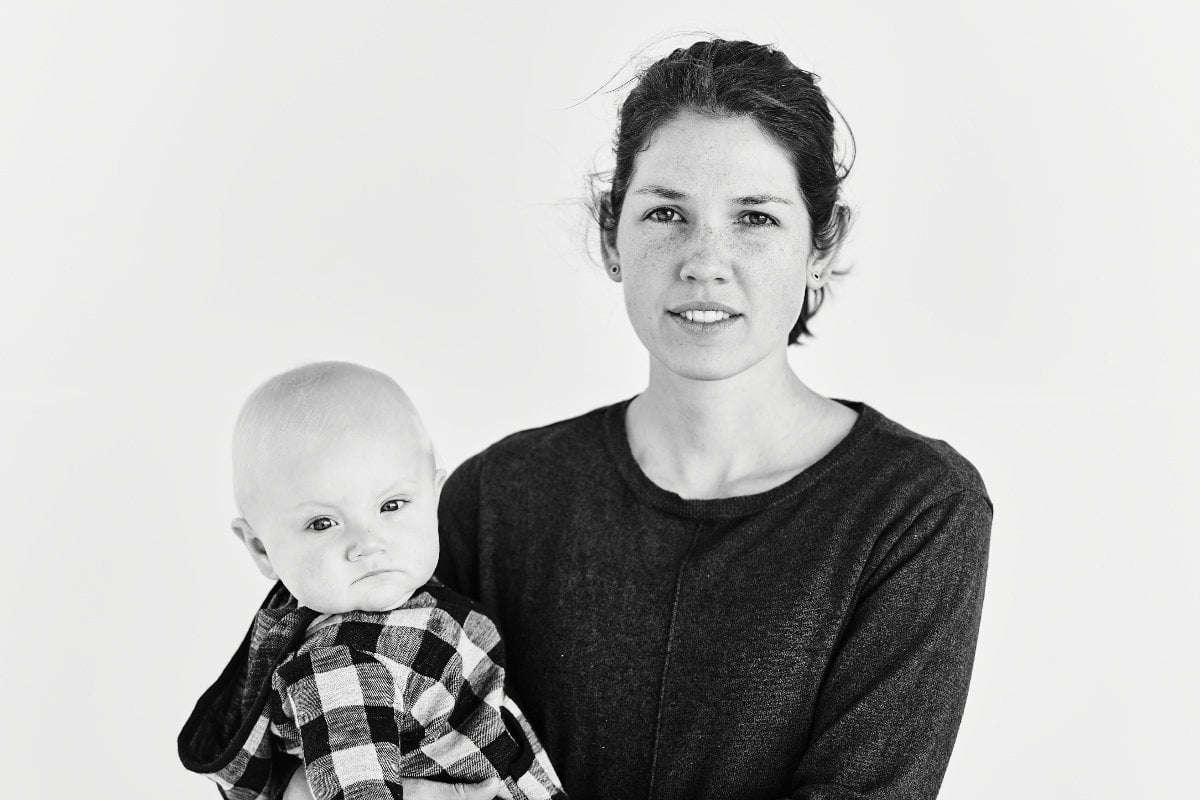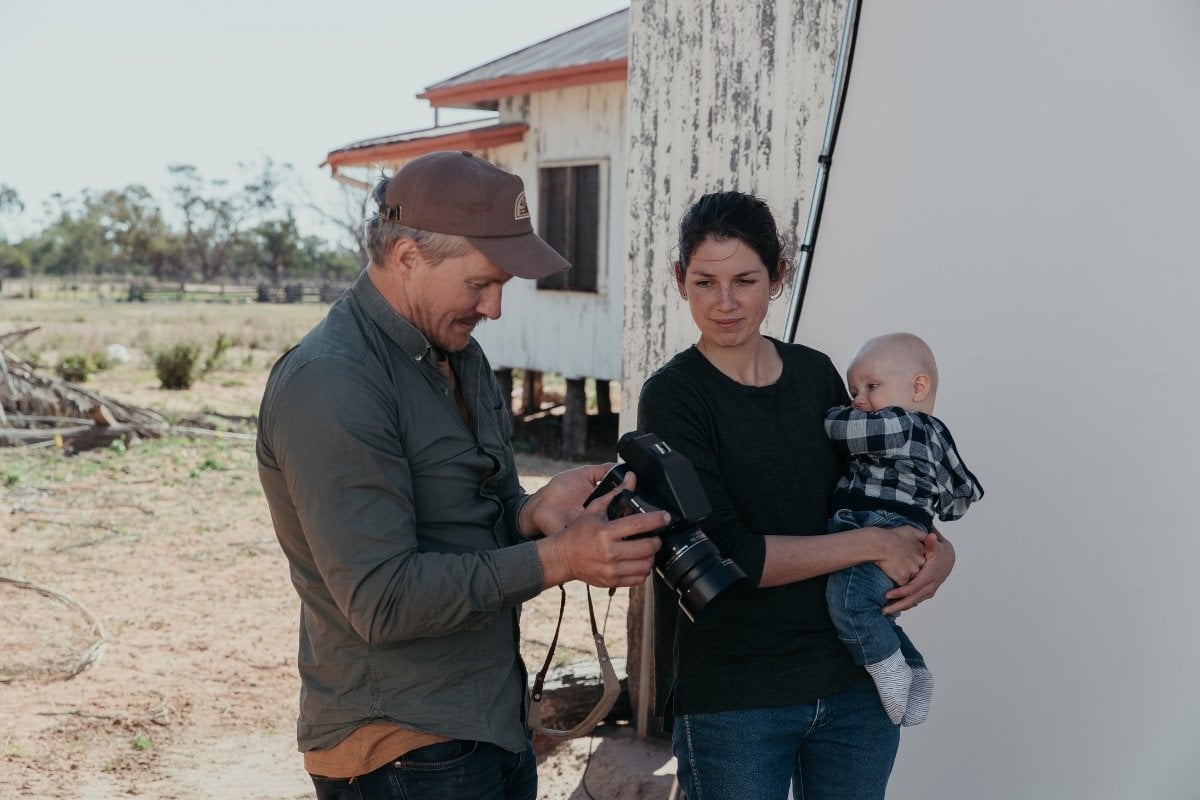
As Sydney and Canberra emerge from their months-long lockdowns and Melbourne gazes towards the easing of its latest round of restrictions, life in the cities is beginning to return to something resembling 'normal'.
At least some of the hallmarks of pandemic living will soon be left behind. At-home learning for school children. Social isolation. Limited access to shops and services. Incomes snatched away by something far beyond control.
But for those Australians who live in rural areas of this wide, brown country, these things remain a permanent way of life.
***
Andrea McKenzie lives on a 24,300ha station in central Queensland. It's roughly 180 kilometres from Cunnamulla, a town of roughly 1,100 people on the Mitchell Highway.
Andrea, a veterinarian who was raised in the coastal city of Gladstone, met her now-husband, Ben, at university and followed him southwest roughly eight years ago. They now have a nearly two-year-old son, plus another due later this month.
It took Andrea some time to adjust to remote living, to recognise the subtle changes in the landscape that locals lean on day-to-day.
"The tagline 'you can't miss it' always gets added on to directions. But you most definitely can. So there was lots of nearly getting lost," she told Mamamia. "I remember driving out there, for one of the first times and thinking, you know, it's just lots of trees, and that's about it.
"So for me, it was learning my way around the paddock, learning how to keep my sense of direction — north, south, east, west — when everything looks the same. Learning the different country types."





























































































